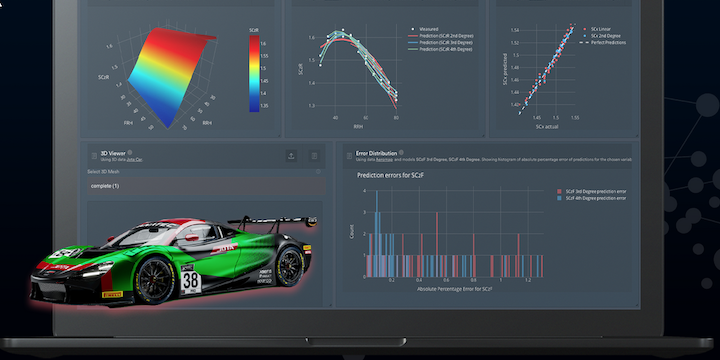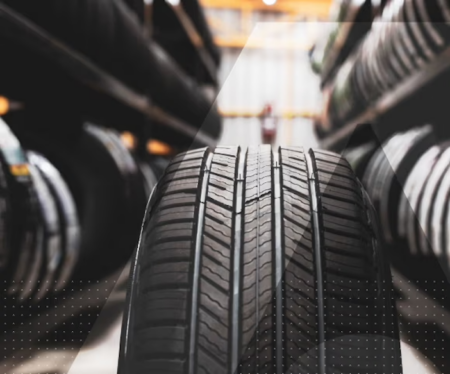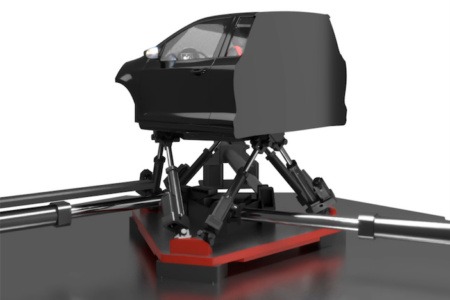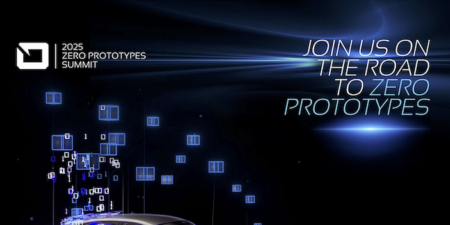Monolith, an Artificial Intelligence (AI) software company, has spent the past six years developing a platform designed to reduce the development time of new cars by reducing the time- and cost-intensive tests involved as automakers bring new vehicles to market. Companies have been trialling the system, and Monolith has now shared details.
The software uses self-learning models to predict the results of complex vehicle dynamics systems, reducing the need for physical tests or simulations, an approach that Monolith says will “dramatically accelerate” every stage of the automotive development process, from initial design and design iterations, to validation and production, which currently require repetitive, time-intensive and costly tests and simulations. The system also means fewer physical prototypes are required, and less travel to specialist test sites and on-road testing routes is needed, making the latter stages of validation safer and more sustainable. The system is also designed to be easy to use, with a ‘no-code’ platform that instead uses interactive dashboards.
Automotive companies typically use a combination of life-like virtual simulations and physical testing during vehicle development. For each design iteration, a simulation solves the physics that underpin the system’s modelling, which can be a difficult and computationally intensive process. Virtual simulations help reduce the number of physical tests required, but the accuracy and fidelity of the results can be limited. Numerous physical tests are therefore still needed to calibrate and validate the virtual results, as well as to understand performance in operating conditions that cannot be simulated.
For example, aerodynamic properties can be difficult to solve mathematically, which reduces the accuracy of simulated models. Owing to the highly iterative nature of the automotive design process, engineers supplement virtual aerodynamics testing with hundreds of hours of wind tunnel tests in facilities that can cost thousands of dollars per hour.
Monolith’s alternative method uses the significant volumes of valuable data created by virtual and physical tests, which is often underutilised. Instead, this data – even years’ worth of existing test data – can be leveraged to train highly accurate AI self-learning models to instantly predict the performance of systems by understanding their behaviour from data, instead of solving the complex physics of the system, or performing a physical test.
As Dr Joel Henry, principal engineer at Monolith stated, “Optimising a system, or finding a new solution based on a decade of historical data, is like instantly offering an engineer a decade of experience. That’s the power of AI – it supercharges an individual’s subject matter expertise by unlocking the expertise stored within a company’s data.”
Using this approach, engineers can rapidly predict performance in more operating conditions and for areas of the car that were previously impossible to simulate, further reducing the amount of testing required. Monolith is already being used to make test programmes more efficient in areas such as vehicle dynamics, track and wind tunnel time, and tests of wheels and tyres, durability, crash and powertrains.
Dr Richard Ahlfield, CEO and Founder of Monolith explained, “Monolith was founded to empower engineers with AI to instantly solve even their most intractable physics problems. We know this resonates especially with automotive engineers who struggle to optimise hundreds of often conflicting criteria with hundreds of complex simulations. Requiring hours or days to solve, engineers have grown frustrated by the considerable amount of physical testing still required to make up for the limitations of the virtual tests. At the same time, the data that is created in the process represents an enormous opportunity when used with AI. By predicting results with self-learning models we can radically accelerate the development process.”
Engineering teams at automotive OEM and Tier 1 suppliers such as such as BMW, Honda, Honeywell, Rolls Royce and Siemens have been assessing the Monolith system. The company reports the following results from other partners: Kistler, a sensor and instrument company, achieved a 72% reduction in sensor-based testing; Honda recorded an 83% faster design cycle; and JOTA Sports Endurance Racing Team reduced the number of simulations and tests by 50%, and associated costs by 66%.





